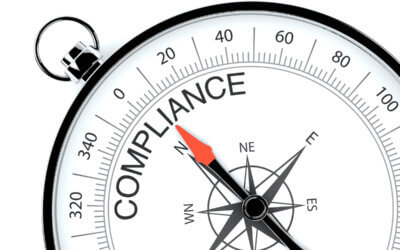With multiple generations working side-by-side in this economy, the needs of your staff in terms of employee benefits will vary greatly depending on their age.
A Variety of Priorities
You may have baby boomers who are nearing retirement and have health issues, working with staff in their 30s who are newly married and have had their first kids. And those who are just entering the workforce have a different mindset about work and life than the generations before them.
Because of this, employers have to be crafty in how they set up their benefits packages so that they address these various needs.
But don’t fret, getting something that everyone likes into your package is not too expensive, particularly if you are offering voluntary benefits to which you may or may not contribute as an employer.
Think about the multi-generational workforce:
Baby Boomers – These oldest workers are preparing to retire and they likely have long-standing relationships with their doctors.
Generation X – These workers, who are trailing the baby boomers into retirement, are often either raising families or on the verge of becoming empty-nesters. They may have more health care needs and different financial priorities than their older colleagues.
Millennials and Generation Z – These workers may not be so concerned about the strength of their health plans and may have other priorities, like paying off student loans and starting to make plans for retirement savings.
Working Out a Benefits Strategy
If you have a multi-generational workforce, you may want to consider sitting down and talking to us about a benefits strategy that keeps costs as low as possible while being useful to employees. This is crucial for any company that is competing for talent with other employers in a tight job market.
While we will assume that you are already providing your workers with the main employee benefit – health insurance – we will look at some voluntary benefits that you should consider for your staff:
Baby Boomers — Baby boomers look heavily to retirement savings plans and incentives, health savings plans, and voluntary insurance (like long-term care and critical illness coverage) to protect them in the event of a serious illness or accident.
You may also want to consider additional paid time off for doctor’s appointments, as many of these workers may have regular checkups for medical conditions they have (64% of baby boomers have at least one chronic condition, like heart disease or diabetes).
Generation X — This is the time of life when people often get divorced and their kids start going to college. Additionally, this generation arguably suffered more than any other during the financial crisis that hit in 2008. You can offer voluntary benefits such as legal and financial planning services to help these workers.
Millennials and Generation Z — Some employee benefits specialists suggest offering these youngest workers programs to help them save for their first home or additional time off to bond with their child after birth.
Also, financially friendly benefits options, such as voluntary insurance and wellness initiatives, are two to think about including in an overall benefits package.
Voluntary insurance, which helps cover the costs that major medical policies were never intended to cover, and wellness benefits, including company-sponsored sports teams or gym membership reimbursements, are both appealing to millennials and can often be implemented with little to no cost to you.


